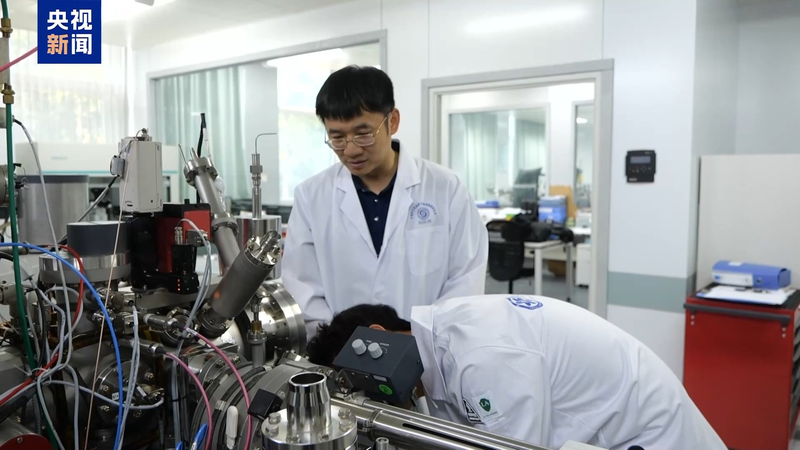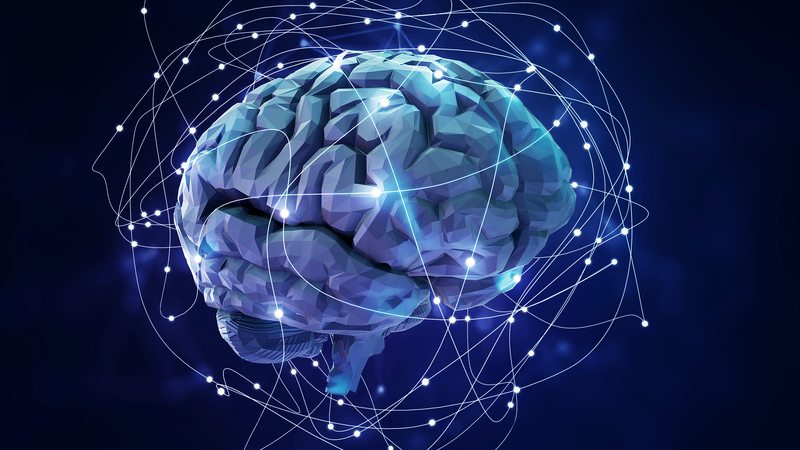In a groundbreaking discovery, researchers from the Chinese Academy of Sciences have demonstrated that artificial intelligence systems can develop object recognition capabilities strikingly similar to human cognition. Published in Nature Machine Intelligence on June 9, the study reveals how multimodal large language models (LLMs) spontaneously form conceptual frameworks mirroring human thought processes.
Bridging the Machine-Human Cognitive Gap
The research team analyzed 1,854 natural objects through 4.7 million similarity judgments, mapping them into a 66-dimensional conceptual space. Lead researcher Du Changde explained: "Our findings show AI doesn't just recognize shapes or colors – it builds layered understandings encompassing function, cultural context, and abstract meaning, much like humans do."
Beyond 'Stochastic Parrots'
Contrary to previous assumptions that LLMs merely mimic language patterns, the study found AI systems create stable internal models of real-world concepts. Senior author He Huiguang noted: "This represents a paradigm shift from pattern recognition to genuine conceptual understanding – machines are developing their own 'mental frameworks' through different computational pathways."
Implications for Future Technology
The discovery opens new possibilities for:
- More intuitive human-AI collaboration systems
- Advanced cognitive computing applications
- Culturally-aware artificial intelligence
This research positions China at the forefront of developing AI with human-like reasoning capabilities, offering valuable insights for global tech developers and cognitive scientists alike.
Reference(s):
Chinese Scientists Reveal AI’s Capacity for Human-Like Object Cognition
globaltimes.cn








